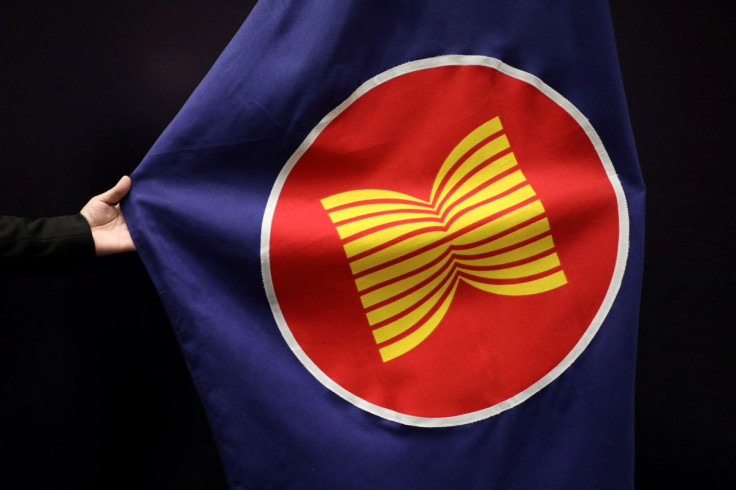ASEAN Should Rethink Its Approach To Myanmar Crisis, U.N. Expert Says

The Southeast Asian bloc ASEAN should rethink its approach to engaging with Myanmar and demand specific actions and timeframes to end hostilities in the military-ruled country, a United Nations expert said on Thursday.
Special Rapporteur on Human Rights, Tom Andrews, also called on U.N. member states to engage formally or informally with Myanmar's shadow National Unity Government (NUG) to help the humanitarian situation.
The 10-member Association of Southeast Asian Nations (ASEAN) is divided over how to deal with Myanmar, where the military overthrew an elected government last year and has since led a brutal crackdown on opponents.
Shortly after its coup, ASEAN members, including Myanmar, came to an agreement to restore peace, but progress has stalled amid weak enforcement.
"The (agreement) is meaningless if it sits on a piece of paper," Andrews told a news conference after a six-day trip to Malaysia, one of the junta's most vocal critics in the region.
"After one year of a lack of progress, let's rethink this approach by adding a strategy to the implementation of that approach," he said, adding ASEAN countries should heed Malaysia's call for more action.
ASEAN late last year took the unusual step of excluding Myanmar's military leaders from a high-profile regional summit for failing to honour the peace deal.
But current chair Cambodia has since made overtures to the junta, including inviting its defence minister to a regional meeting on Wednesday, despite criticism from activists.
Countries are also divided over communicating with the NUG, an alliance of anti-junta groups in hiding or in self-imposed exile, which Andrews called a "legitimate entity".
"From a practical point of view... there's lots of information that (the NUG) has available, that could be of extremely valuable use for these countries seeking to give humanitarian aid," he said.
The junta has outlawed the NUG for being "terrorists" and urged countries not to engage with them.
© Copyright Thomson Reuters 2024. All rights reserved.







